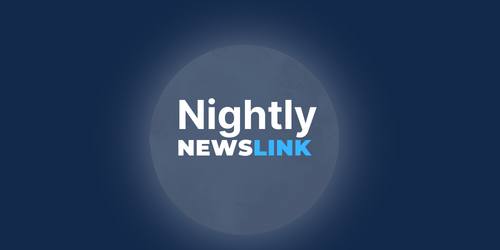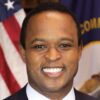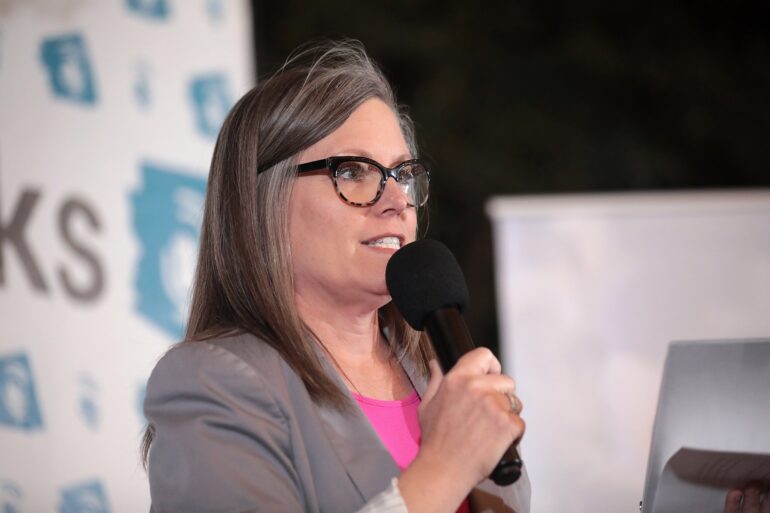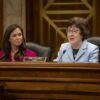A new Emerson College Polling survey released Friday suggests that Arizona Gov. Katie Hobbs, a Democrat seeking a second term, enters the 2026 race in a precarious position, running neck and neck with multiple potential Republican challengers in a state that President Trump carried by nearly six points in November.
The poll presents a series of hypothetical matchups, each underscoring the vulnerability Hobbs faces in a political environment where voters are increasingly concerned about the economy and immigration.
In a comparison between Hobbs and developer Karrin Taylor Robson, Hobbs holds 43 percent support to Taylor Robson’s 42 percent, well within the survey’s 3.3-point margin of error. Nearly 15 percent say they remain undecided, leaving the race effectively tied.
A second matchup shows Hobbs similarly strained against Rep. Andy Biggs, who has emerged as a dominant figure in the Republican primary field. Hobbs receives 44 percent to Biggs’s 43 percent, with roughly 13 percent undecided — again producing a statistical tie.
Hobbs performs slightly better in a potential race against Rep. David Schweikert, leading 44 percent to 40 percent. While that margin sits just outside the poll’s margin of error, 16 percent of respondents say they are undecided, a reminder that large swaths of the electorate remain open to persuasion.
The data offers an early indication that while Hobbs may have narrowly defeated Kari Lake in 2022, she now confronts a far more challenging landscape.
Her standing appears especially tenuous given that Arizona voters rank the economy as their top issue by 34 percent, followed by immigration at 18 percent — issues that have historically favored Republican candidates in the state. Other concerns cited include threats to democracy at 11 percent and housing affordability at 10 percent.
Within the Republican primary, Biggs holds a commanding early lead, positioning him as the candidate to beat. The survey shows Biggs receiving 50 percent support among GOP primary voters, while Taylor Robson trails significantly at 17 percent and Schweikert at 8 percent. Close to 25 percent of Republican respondents remain undecided.
Spencer Kimball, executive director of Emerson College Polling, said Biggs enters the race as the “early favorite for the Republican nomination for Governor,” noting that he enjoys 59 percent support among voters older than 60 and 51 percent among those who backed Trump in 2024.
The president has endorsed both Biggs and Taylor Robson, signaling his interest in shaping the Republican field. With Trump’s backing and a political climate increasingly focused on economic unease and border concerns, Republicans appear well-positioned to challenge Hobbs in a state that has shown a willingness to swing rightward.
Hobbs, one of the most vulnerable Democratic governors on the ballot next year, is expected to face a competitive and closely watched reelection battle.
The Emerson survey, conducted Nov. 8-10 among 850 active registered voters, carries a margin of error of plus or minus 3.3 percentage points. Among the 381 Republican primary voters surveyed, the margin of error is plus or minus 5 points.
[READ MORE: Trump Accuses Democrats of Exploiting Epstein Case, Calls for Federal Investigation]





